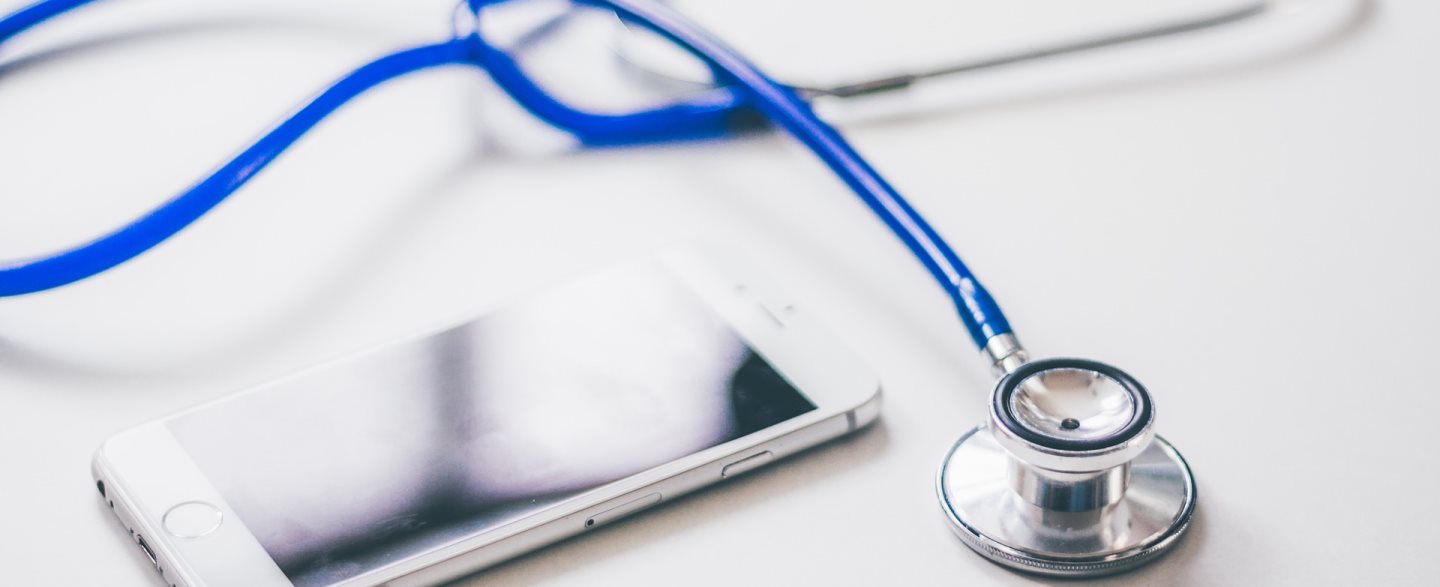Are mobile health platforms taking over?
By Nir Tobis, VP Business Development, Vaica
Olivia R. Van Wyck, contributor
An article recently published by mHealth Intelligence outlined how Blue Cross Blue Shield of Nebraska (BCBSN) launched a new mobile health platform to improve healthcare amongst its members. By partnering with Wellframe who provided the software for the care management, BCBSN was able to provide patients with all-time access to the nursing staff, education, appointment scheduling, and surveys through the use of their smartphones. The mobile health platform uses both messages and phone calls to give patients access to members of their health care team. This access to easy communication leads to improved coordination of care and patient engagement.
BCBSN first started their mobile health platform last year in 2017. The platform has had some time to show itself effective or ineffective. So what can we learn from the research? Did BCBSNE prove to be a beneficial tool for their members?
When the mHealth platform was first launched, it was targeted to patients who were recently discharged from the hospital. According to Susan Beaton, RN, VP of provider services and care management for BCBSN, the use of the mHealth platform for recently discharged patients was successful in increasing patient engagement. In addition to that, healthcare workers were able to reduce the time spent with the patients from about 8 minutes to about 3 minutes. In addition to this, an article written by Wellframe reported that 96% of the patients understood their medication regimen after discharge from the hospital. There was also an increase in patient engagement through education videos, surveys, and quizzes. 77% of the patients attended their follow up appointment after discharge and 67% engaged with the care plan through the app every week. Perhaps one of the most significant statistic reported was that there was a 41% decrease in post-hospitalization medical costs.
From the results that BCBSN and Wellframe reported, it appears as if the mHealth platform was successful. There was an increase in patient engagement, increased adherence to health care plan, and cost reduction. Personally, I think that BCBSN had a good idea that was well executed. They made patient’s healthcare plan easily accessible and understandable through the use of the mobile app. They also had immediate access to nurses that could give them personal care. The combination of human touch and tech is the complete solution, none of which can stand alone. Hopefully, the increase in med-tech implementations will not derail us from the right track- we cannot forfeit human touch☺.

